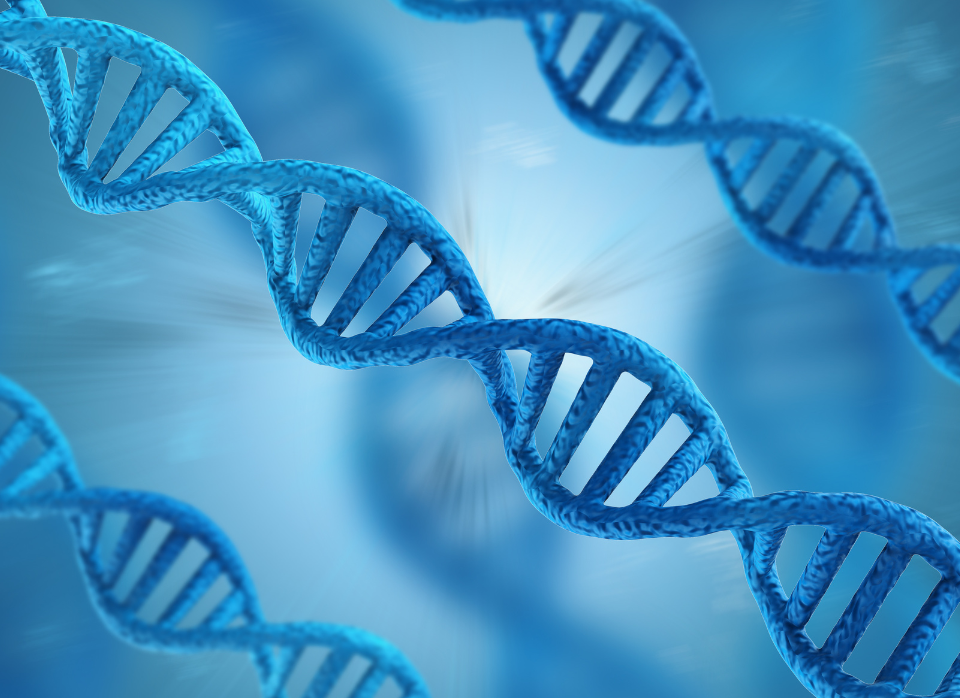
How to Support Someone with Anorexia: Anorexia Nervosa Support and Recovery Tips
October 2, 2024
The Negative Impact of Bullying on an Adolescent’s Mental Health
October 7, 2024Recovering from anorexia is a challenging yet life-changing journey that requires determination, support, and self-compassion. Anorexia recovery is not linear, and the process often involves setbacks, but with the right strategies and mindset, full recovery is achievable. This blog will discuss the critical stages of anorexia recovery, provide practical anorexia recovery tips, and offer insight into the emotional and physical healing process.
Understanding the Anorexia Recovery Stages
Anorexia nervosa is a complex eating disorder that requires a multifaceted approach to recovery. The recovery process can generally be divided into several stages, each with unique challenges and goals. Here’s a breakdown of the anorexia recovery stages:
- Awareness and Acknowledgment: The first stage of anorexia recovery is recognizing that there is a problem. This stage often involves the individual realizing the detrimental effects of their eating disorder on both their physical and mental health. Conversations with loved ones or a personal health crisis may prompt it. In this stage, the individual might still be ambivalent about change, but they begin to acknowledge the need for help.
- Seeking Professional Support: Once someone acknowledges their eating disorder, the next step is seeking help. This can involve working with a team of professionals, including doctors, therapists, dietitians, and support groups. At this stage, a comprehensive treatment plan tailored to the individual’s needs is essential. Medical stabilization and nutritional rehabilitation are often the first goals of treatment, as the physical consequences of anorexia can be severe.
- Restoring Physical Health: An essential aspect of anorexia recovery is restoring physical health, particularly weight restoration and nutritional balance. This stage can be highly challenging due to the individual’s fear of weight gain and anxiety surrounding food. Support from healthcare professionals is crucial in guiding safe, gradual weight gain and addressing any physical complications resulting from malnutrition.
- Addressing Underlying Psychological Issues: While restoring physical health is a key part of recovery, anorexia is deeply rooted in emotional and psychological issues. In this stage, individuals work with therapists to explore the emotional causes of their disorder, such as anxiety, trauma, perfectionism, or low self-esteem. Cognitive-behavioral therapy (CBT), family-based therapy, or other forms of counseling can help challenge distorted thoughts about body image, food, and self-worth.
- Developing Healthy Coping Mechanisms: Many people with anorexia use food restriction as a way to control difficult emotions. A vital part of anorexia recovery is learning new, healthier ways to cope with stress, anxiety, and negative thoughts. This might include mindfulness practices, journaling, engaging in hobbies, or learning how to communicate emotions effectively. Developing these tools is essential for long-term recovery.
- Maintaining Long-Term Recovery: The final stage of anorexia recovery is maintaining the progress made and preventing relapse. This stage is often the longest and most challenging, requiring continued effort to manage thoughts and behaviors. Regular check-ins with healthcare providers, ongoing therapy, and support networks can help individuals stay on track. Relapses may occur, but with the proper support, recovery is still possible.
Anorexia Recovery Tips for Success
Anorexia recovery is a personal journey, and what works for one person may not work for another. However, several anorexia recovery tips can help individuals stay focused on healing and well-being:
- Build a Strong Support System: Recovery is much easier with the support of loved ones. Surround yourself with people who encourage and uplift you, whether family members, friends, or a therapist. Consider joining an eating disorder support group where you can connect with others who understand your experience.
- Practice Self-Compassion: Be kind to yourself throughout your recovery process. Setbacks will occur, but viewing them as part of the journey rather than failures is essential. Recognize your progress and celebrate the small victories, whether eating a new food or expressing your emotions more openly.
- Focus on Balanced Nutrition, Not Restriction: Instead of thinking about food in terms of restriction, shift your mindset toward nourishing your body. Work with a dietitian to create a balanced meal plan to ensure you get the nutrients you need to heal. Gradually reintroduce various foods into your diet without labeling them as “good” or “bad.”
- Challenge Negative Thoughts: Anorexia is often fueled by distorted thoughts about body image and self-worth. Cognitive-behavioral therapy (CBT) techniques can help you challenge these negative thought patterns. Practice identifying harmful beliefs and replacing them with more positive, realistic affirmations.
- Set Small, Achievable Goals: Recovery can feel overwhelming, but breaking it down into smaller, manageable steps can help. Set small goals for yourself, such as eating three meals daily or trying a new food. Gradually increasing the difficulty of these goals can help build confidence in your ability to recover.
- Incorporate Mindful Eating Practices: Mindful eating can help you reconnect with your body’s hunger and fullness cues. Enjoy meals without distractions, focusing on the food’s taste, texture, and sensation. This can help rebuild a healthier relationship with eating.
- Prioritize Mental Health: Anorexia is often linked to underlying mental health issues, such as depression, anxiety, or trauma. It’s essential to address these issues as part of your recovery plan. Therapy, meditation, journaling, or relaxation techniques can all be helpful tools in managing stress and maintaining mental well-being.
Maintaining Long-Term Anorexia Recovery
While the early stages of anorexia recovery focus on restoring physical health, long-term recovery involves maintaining a healthy mindset and body. It’s essential to stay vigilant and aware of potential triggers, such as stress or social pressures, that might lead to relapse. Continued therapy, check-ins with healthcare professionals, and involvement in support groups can provide the guidance and encouragement needed to sustain recovery.
Relapses may happen, but they don’t mean failure. Recovery is a process, and even during setbacks, it’s possible to recommit to healing and move forward. By staying connected to your support system and maintaining healthy coping mechanisms, you can reclaim your life and find peace with food and your body.
Anorexia Recovery is Possible
Recovering from anorexia is a challenging but rewarding journey that involves multiple stages of physical and emotional healing. By understanding the anorexia recovery stages, practicing self-compassion, and utilizing these anorexia recovery tips, you can find the strength and resilience needed to overcome this disorder. With the proper support and mindset, long-term recovery is achievable, and you can regain control of your life.
_________________________________________________________________________________
Looking for treatment for an eating disorder, anxiety, depression, trauma, or postpartum mood disorder?
Evolve Counseling Services is a specialized team of Licensed Therapists providing treatment in Paoli.



